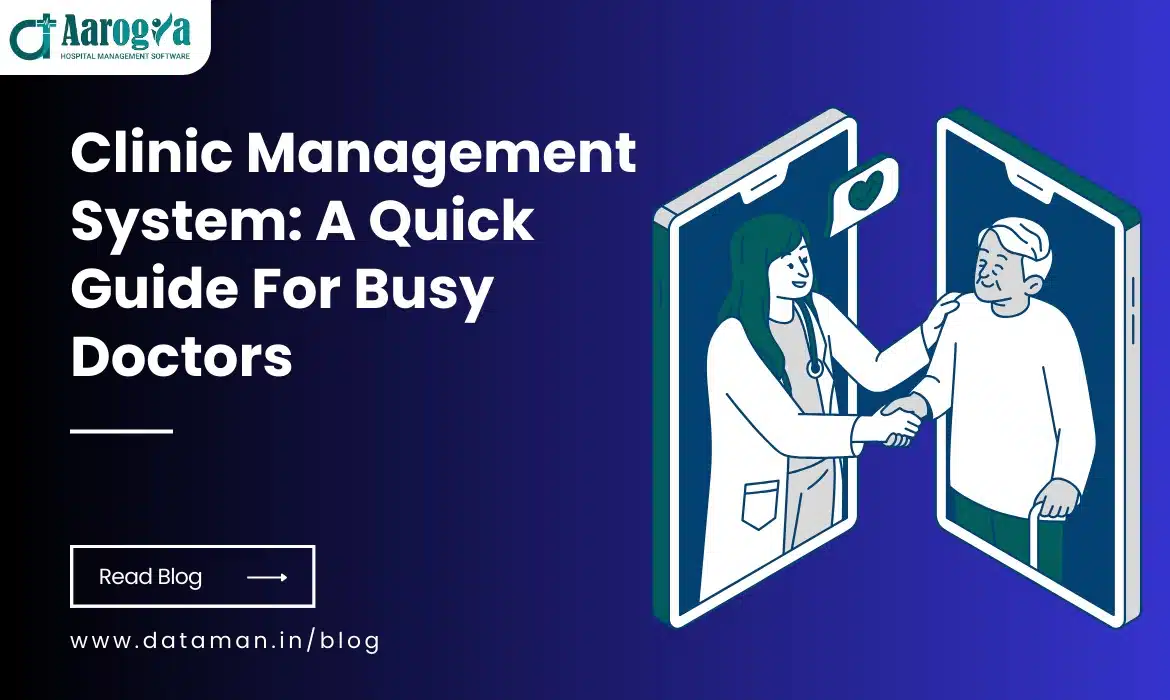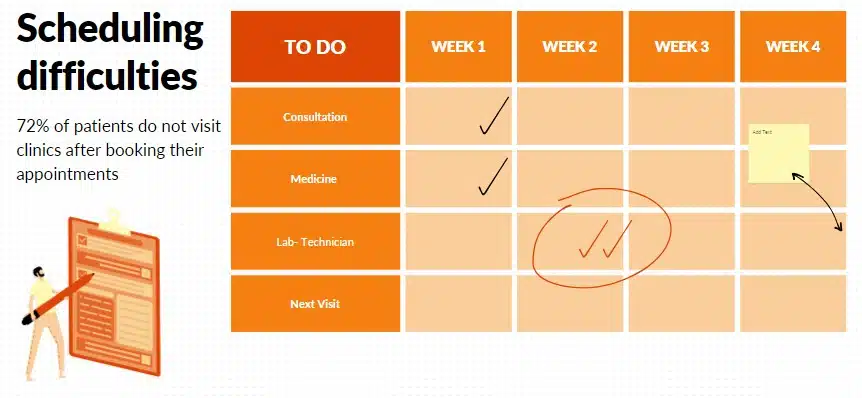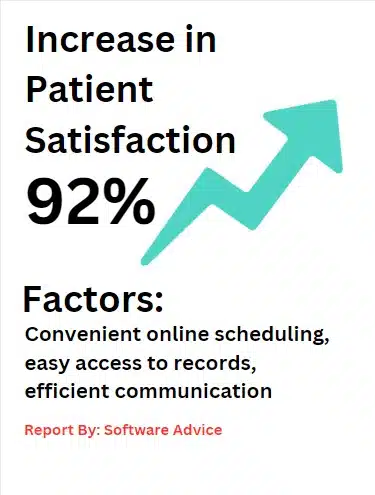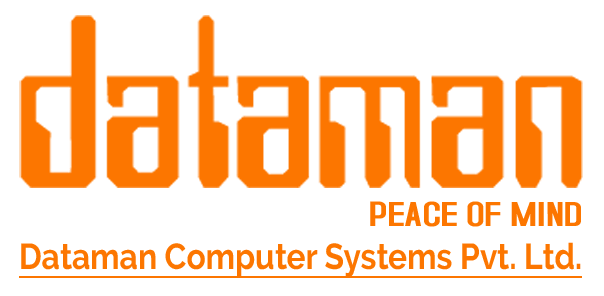- +91 9511117684
- shweta@dataman.in

Table of Contents
Post Views: 16,085
People primarily rely on clinics for any medical consultation or first-aid. Hundreds of patients flow into any clinic every day, making efficient management crucial. Additionally, running a clinic is more than just providing excellent patient care. It involves scheduling appointments, managing finances, ensuring regulatory compliance, and keeping your staff organized – all while delivering a seamless experience for your patients.
We all have seen rapid technological advancements in the Indian healthcare sector, especially in the last decade. So, opting technology is no longer optional; it’s essential for survival and success. This is where a Clinic Management System (CMS) comes in, acting as your digital backbone and streamlining every aspect of your practice.
As we said earlier, for modern healthcare providers, a CMS is no longer a luxury; it’s a necessity. In fact, 10% – 15% of clinics have adopted some form of clinic management system, and the CMS market is projected to reach a staggering $230.6 million by 2027.
Initiatives like the Ayushman Bharat Digital Mission (ABDM) encourage digitization in healthcare, potentially driving CMS adoption further.
What exactly is a Clinic Management System?
A Clinic Management System is essential software designed to streamline and optimize clinic operations and enhance healthcare delivery. Beyond patient care, clinic operations and administration involve maintaining the clinic premises, staffing records, and overseeing various departments (such as laboratory, pharmacy, and housekeeping). Additionally, clinics manage inventories, coordinate with diagnostic labs, and collaborate with medical equipment vendors.
The dynamic nature of clinics involves repetitive tasks, data generation, record-keeping, and adherence to regulatory policies. A Software-as-a-Service (SaaS) clinic management system seamlessly integrates these functions, enhancing efficiency for both patients and Staff.
The typical workflow in a clinic encompasses several steps:
Appointment Scheduling and Management: Patients schedule bookings with an online scheduler accessible to them 24/7. Practitioner manages appointments, calendars and sets reminders to reduce missed appointments and streamlines waiting room management.
Electronic Health Records (EHR): EMR and EHR software are main features of clinic management systems. EHR provides secure storage and access to patient medical records, including medications, allergies, and lab results.
Medical Consultation: The doctor meets with the patient, provides medical advice, and recommends necessary diagnostic tests or medications.
Billing and claims: Automate insurance claim submissions, generate invoices, and track payments electronically. This reduces administrative burden and improves cash flow.
Access to Clinic Services: Patients can access the clinic’s laboratory and pharmacy as needed. The clinics can facilitate tele-calling and tele-medicine to their patients with the help of the solution.
Reporting and analytics: Gain valuable insights into clinic performance metrics like appointment volume, staff productivity, and financial trends. Data-driven insights help you make informed decisions for improving efficiency and profitability.
Communication tools: Stay connected with patients through secure messaging, appointment reminders, and telehealth options. Streamlined communication fosters patient engagement and satisfaction.
Security & Compliance: Features to ensure patient data privacy and HIPAA compliance.
Why Do You Need a Clinic Management System?
Improved Patient Experience: Did you know that 72% of patients do not visit clinics after booking their appointments due to scheduling difficulties? A CMS eliminates this frustration with online appointment booking, automated reminders, and telehealth options. Additionally, secure patient portals allow for easy communication and access to medical records, fostering trust and engagement.

Convenient online scheduling, easy access to records, and efficient communication contribute to a 92% increase in patient satisfaction, according to Software Advice.

Enhanced Operational Efficiency: Gone are the days of paper charts and manual tasks. A CMS can automate appointment scheduling, billing, and claims management, freeing up your staff to focus on what matters most – patient care. Streamlined workflows and real-time reporting empower you to make informed decisions and optimize resource allocation.
Studies show that CMS can reduce administrative tasks by up to 40%, freeing up valuable time for patient care.
Financial Optimization: A CMS helps you stay on top of your finances with automated billing, claims submission, and payment processing. You can track revenue and expenses in real-time, identify areas for improvement, and ensure accurate and timely payments.
According to the Medscape Physician Compensation Report for 2023, physicians spend an average of 15.5 hours per week on paperwork and administration. Studies also show that CMS adoption can lead to a 20% reduction in administrative costs.
Regulatory Compliance: Navigating the ever-changing healthcare regulations can be overwhelming. A CMS simplifies compliance with built-in features for data security, privacy protection, and reporting requirements. This peace of mind allows you to focus on running your practice without fear of penalties or violations.
Reduced Costs: Did you know that administrative inefficiencies cost healthcare providers $360 billion annually? A CMS helps control costs by reducing paperwork, optimizing inventory management, and improving billing accuracy.
Data-Driven Insights: Clinics can measure how many patients are coming and from which place. Patient’s information is stored in the system, so clinic’s can provide an area estimate for any service. To identify new and returning patients, the system tracks patient history. Appointment data shows how many new patients are booking compared to returning ones.
Clinics can track which doctors have the most appointments booked and they can conduct surveys to see which doctors patients prefer. This data-driven approach empowers you to make informed decisions about resource allocation, marketing strategies, and overall clinic growth.
Industry statistics further highlight the need for CMS adoption:
- 73% of healthcare providers believe investing in technology helps them deliver better patient care.
- Patients are willing to pay 10-20% more for services from a clinic with a user-friendly patient portal.
Choosing the Right Clinic Management System: Key Considerations
With numerous CMS options available, selecting the right one is crucial. Here are some key factors to consider:
Ease of use: The first and very important feature of the clinic management system is its user experience. The software should be intuitive and user-friendly for both staff and patients to navigate.
Your clinic’s size and needs: The CMS available in the market are different to cater varying practice sizes and specialities. You have to choose a solution that aligns with your specific requirements.
Scalability: Ensure the system can accommodate your future growth needs and easily integrate new features as your practice evolves.
Integration capabilities: Check if the system integrates with existing software you use (e.g., accounting, lab services) for seamless data exchange.
Vendor support: Reliable and responsive customer support is vital for troubleshooting and ongoing assistance.
Take the Leap
The benefits of implementing a clinic management system are undeniable. By empowering your practice with an efficient, integrated platform, you can focus on what truly matters that is delivering exceptional patient care.
Want to make your clinic run smoother and reach new heights? Our clinic management system can help! See it in action with a quick demo and learn how it benefits your practice. Let’s chat!
0

